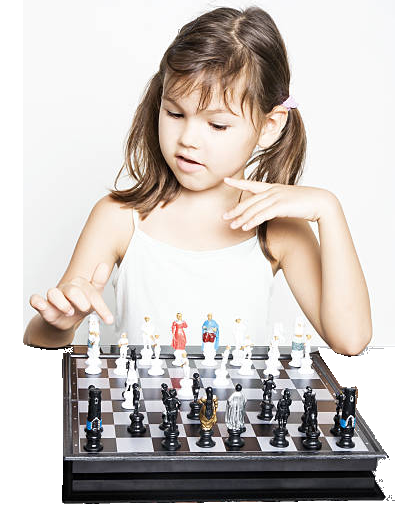“Life is a game board. Time is your opponent. If you procrastinate, you’ll lose the game. You must make a move to be victorious!”
Napoleon Hill
The International Chess Day is celebrated annually on July 20, the day the International Chess Federation (FIDE) was founded, in 1924.
The idea to celebrate this day as the international chess day, was proposed by UNESCO, and it has been celebrated as such since 1966, after it was established by FIDE. Although the origin of the chess game is still unknown and mysterious, it is quite certain it came from the East.
Study on the effects of the chess game at children
From a study conducted at the University of Bucharest for Cognitive Benefits of Chess Training in Novice Children by Photenica Gliga and Petru Iulian Flesner results as follow:
- Children have improved their resistance to monotony. This is probably because chess training encouraged them to spend more time in front of the chess board and to consistently apply chess rules, which explains the increase in their resistance to monotony.
- Children have significantly improved school performance in math and in subject of language and literature.
- Research has also found that Chess can improve children’s attention spans and visual memory.
Interesting facts
- Chess players helped win World War II and also helped establish the fundamentals of computer science. During World War II, the Germans used a machine called Enigma to send coded messages. In Great Britain, mathematicians, crossword puzzle, and skilled Chess players were recruited to help break Enigma’s code. Among them was Alan Turing, who is considered the Father of Computer Science. In the end, they cracked Enigma’s code and the Allied Powers won the war!
- The black and white squares of chess symbolize darkness and light. The chess board symbolizes at the same time the space, where cosmic forces act in the inner space of the man who fights against himself.
- Schools in Armenia, chess is compulsory subject.
References
Literature
Gliga, F., & Flesner, P. I. (2013). Cognitive Benefits of Chess Training in Novice Children. Bucharest, Romania.
Links
http://www.akropoliri.al/
http://pattersonlibraryblog.weebly.com/blog/7-fun-facts-about-chess#



